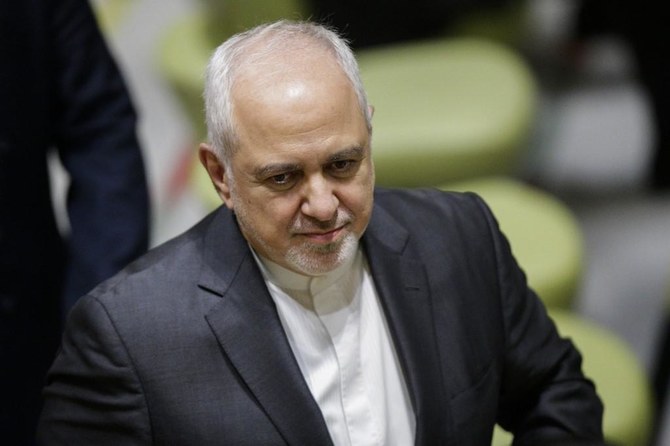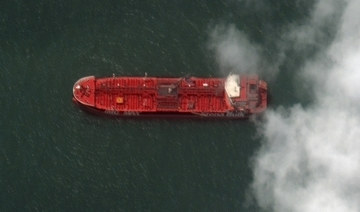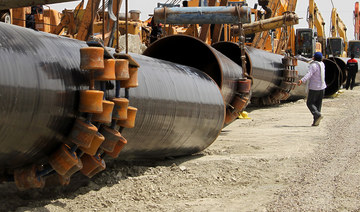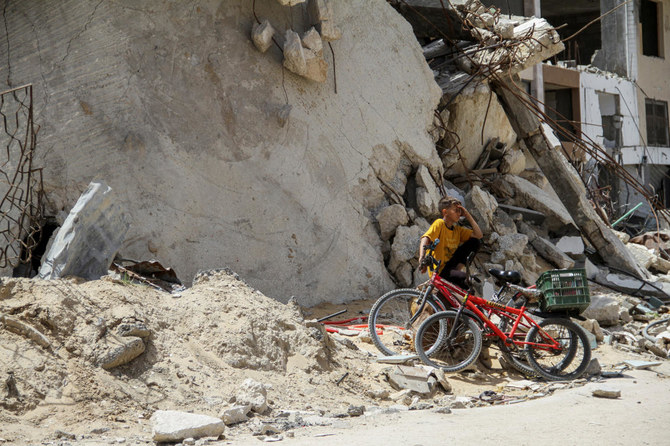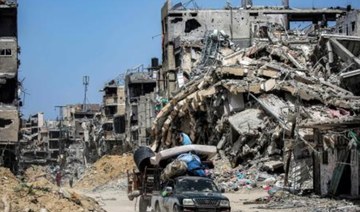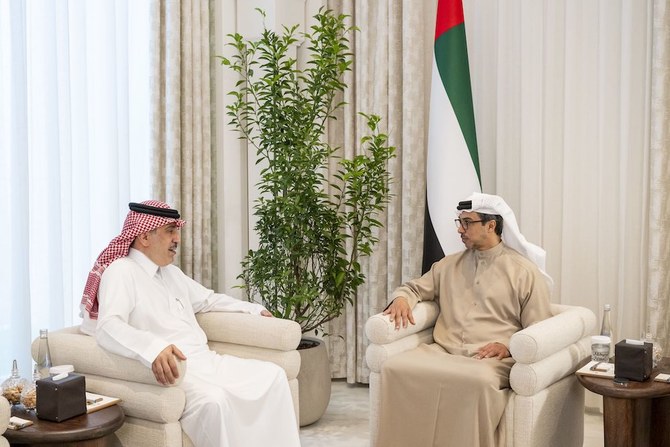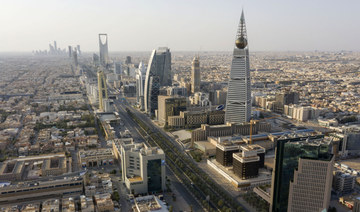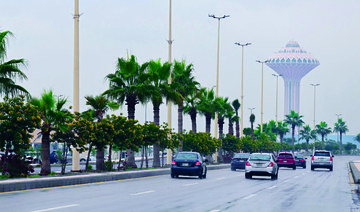DUBAI: Iran is set to further cut its commitments to its international nuclear deal unless its European partners move to protect it from US sanctions by ensuring it can sell oil and receive income, its foreign minister told state television on Wednesday.
“Under current circumstances and if no action is taken (by the Europeans) we will take the next step (in cutting commitments),” Mohammad Javad Zarif said, adding that its European partners should guarantee Iran could sell its oil and collect the revenue.
Iran has said it will reduce its commitment to the nuclear accord in stages and may even withdrew from the pact unless the Europeans find ways to shield its economy from the US sanctions.
Iran also dismissed Secretary of State Mike Pompeo’s offer to visit and address the Iranian people as a “hypocritical gesture.”
“You don’t need to come to Iran,” Zarif said. He suggested Pompeo instead grant visas for Iranian reporters to travel to the US and interview him, accusing him of having rejected their requests.
On Monday, Pompeo tweeted: “We aren’t afraid of (Zarif) coming to America where he enjoys the right to speak freely.”
“Are the facts of the (Khamenei) regime so bad he cannot let me do the same thing in Tehran?” he said, referring to Supreme Leader Ayatollah Ali Khamenei. “What if his people heard the truth, unfiltered, unabridged?“
US-Iranian tensions have soared since the Trump administration withdrew from Iran’s nuclear deal with world powers last year and imposed crippling sanctions on the country. In recent months, the US has boosted its military presence in the Arabian Gulf while Iran has begun openly exceeding limits on its nuclear activities, saying it can no longer fully abide by the 2015 deal unless European signatories to the agreement provide some kind of economic relief.
The Trump administration has said its policies are aimed at changing Iran’s behavior in the region, not its government.
Zarif, a relative moderate within Iran’s clerically-overseen political system, was an architect of the nuclear agreement. The US and Iran cut off all diplomatic relations after the 1979 Islamic Revolution, but the US allows Iranian officials to visit the United Nations headquarters in New York.



